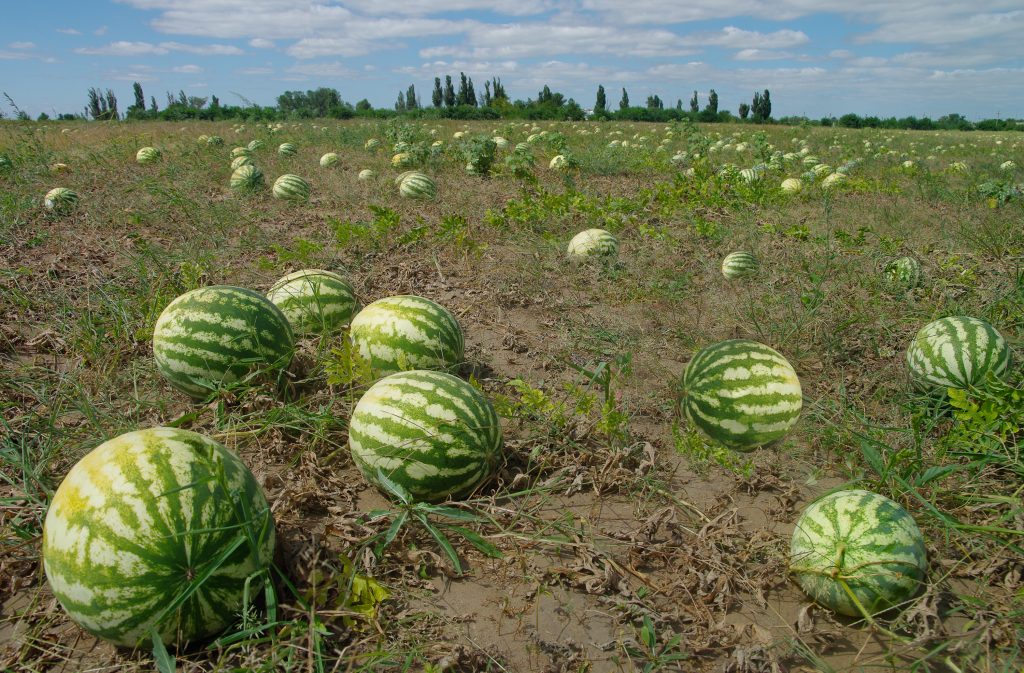
By Clint Thompson
A wet summer means plant diseases are rampant across the entire gamut of vegetable and specialty crop production. As Georgia producers prepare for the upcoming fall season, they need to do all they can to protect against disease inoculum that might linger in leftover fruit and vegetable crops.
This is especially true for watermelon producers, says Tim Coolong, associate professor in the University of Georgia College of Agricultural and Environmental Sciences.
“A lot of time (growers) will just leave that old watermelon crop out there and with the weather that we’re having, that would be like a disease inoculum type of situation,” Coolong said. “They’re so busy and when the season finally does end, they’re just like, ‘Finally.’ A lot of them are row crop growers so they might run from harvesting melons to putting out sprays on cotton for weeds or something like that. I just think it’s a matter of, they’re so busy.”
But if growers can take the time to eliminate their watermelon crop, it will help in protecting any subsequent or nearby crops this fall.
“If they can burn them down with something like a paraquat, just to try to dry out the field and clean them up. That would be good,” Coolong said.
According to the University of Georgia Weather Network, Tifton, Georgia received 16.36 inches of rain and 44 rainy days between June 1 to Aug. 1; compared to 6.92 inches and 23 rainy days during the same timeframe in 2020.









